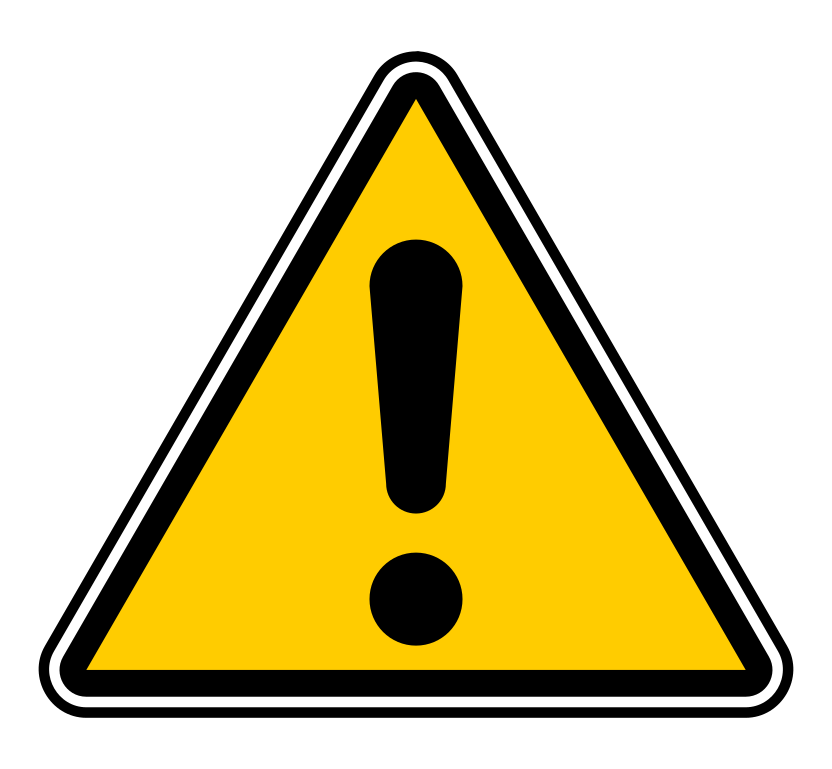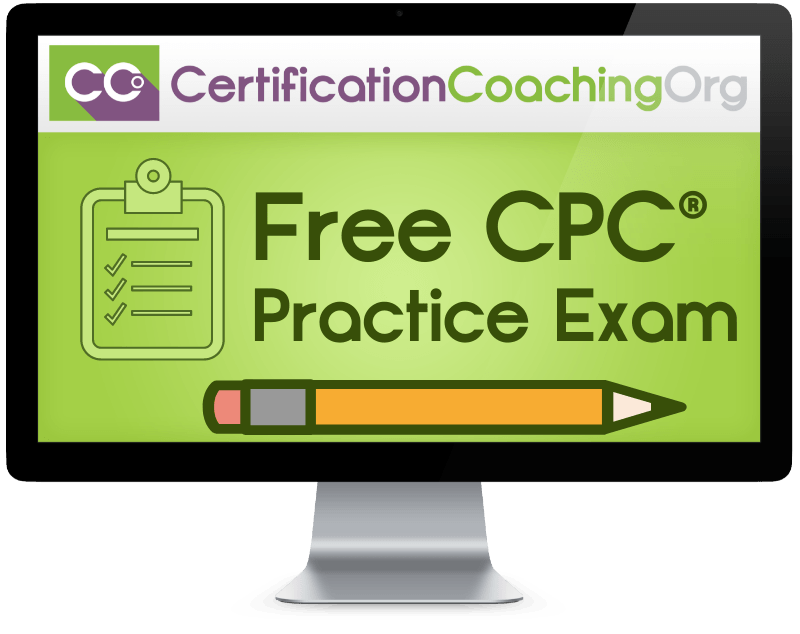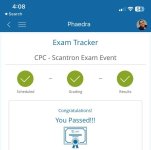Install the app
How to install the app on iOS
Follow along with the video below to see how to install our site as a web app on your home screen.
Note: This feature may not be available in some browsers.
-

Register to Access the Free Forums and 3 Free CEUs!
To view the content for the 3 free CEUs, please sign up today.
CLICK HERE TO REGISTER -

Missing Access To A Course, Blitz or Exam? Have Technical Issues? Open a Help Desk Ticket
Please Do Not Post in the Community About Access or Technical Issues
CCO Business Hours for Help Desk and Coaching: Mon-Fri 9am-4pm Eastern
You are using an out of date browser. It may not display this or other websites correctly.
You should upgrade or use an alternative browser.
You should upgrade or use an alternative browser.
Resolved I passed my CPC Exam!
- Thread starter MclaughlinP_73043
- Start date
Congratulations!!!
Congrats on passing!! Don't forget to officially let us know at http://www.cco.us/passed-the-exam/
And if you would like to help us spread the word about CCO, we would greatly appreciate it. Here is a link to leave a review for others to see:

 www.facebook.com
www.facebook.com
And if you would like to help us spread the word about CCO, we would greatly appreciate it. Here is a link to leave a review for others to see:

CCO
CCO. 12,070 likes · 7 talking about this. We provide online courses, exam preparation, practice exams and CEU related to medical coding (CPC), medical billing (CPB), inpatient coding (CIC),...
 www.facebook.com
www.facebook.com
DeniseH_58984
Member
CCO Club Member
BHAT® Cave
RAC Course
Auditing Blitz
ICD-10-CM Blitz
ICD-10-PCS Blitz
Risk Adjustment Blitz
Free CPB Exam
Congratulations!The exam was a lot easier than I anticipated. I literally finished the exam with 4 minutes to spare. Had I better prepped/tagged my books, I likely would not have needed the entire time to take the exam. Overall, I am very proud of my accomplishment!
View attachment 1923
ArielO_76541
New member
BHAT® Cave
PBC Course
Medical Coding Blitz
ICD-10-CM Blitz
Free CPC Exam
CPC Exam (Ruby)
CPC Exam (Topaz)
CPC Exam (Sapphire)
thats awesome!!!!!! any tips for someone who is about to take it!The exam was a lot easier than I anticipated. I literally finished the exam with 4 minutes to spare. Had I better prepped/tagged my books, I likely would not have needed the entire time to take the exam. Overall, I am very proud of my accomplishment!
View attachment 1923
DebraH_74705
New member
Big congratulations to you. May I ask you if you remember if there were a lot of questions in which you have to search for the code(s)? I am in the CPC course, and just finished the integumentary section. In the first (many) modules there were textbook, workbook, and exam questions that made you look for the code based on the brief documentation. Suddenly the practice exams for the modules give multiple choice "pick the correct code" based on the brief description. Any chance the actual CPC exam is more like the multiple choice code picks than look it up on your own? Thanks.
The entire exam is multiple-choice.Big congratulations to you. May I ask you if you remember if there were a lot of questions in which you have to search for the code(s)? I am in the CPC course, and just finished the integumentary section. In the first (many) modules there were textbook, workbook, and exam questions that made you look for the code based on the brief documentation. Suddenly the practice exams for the modules give multiple choice "pick the correct code" based on the brief description. Any chance the actual CPC exam is more like the multiple choice code picks than look it up on your own? Thanks.
Lori
Well-known member
CCO has a free CPC practice exam here:Big congratulations to you. May I ask you if you remember if there were a lot of questions in which you have to search for the code(s)? I am in the CPC course, and just finished the integumentary section. In the first (many) modules there were textbook, workbook, and exam questions that made you look for the code based on the brief documentation. Suddenly the practice exams for the modules give multiple choice "pick the correct code" based on the brief description. Any chance the actual CPC exam is more like the multiple choice code picks than look it up on your own? Thanks.
Carefully Crafted by CCO Certified Instructors to Feel Just Like the Real AAPC CPC Practice Exam. Improve Your Chances of Passing!
Why Is Our CPC Practice Exam So Effective?
Unlike other Medical Coding practice exams in the marketplace, all our instructors are CPC® Certified and have sat through the original AAPC CPC® Exam. We learned the material in detail and have been working with students for years to help teach them Medical Coding. Now we’ve assembled our knowledge into these CPC® Practice Exams to help prepare for the official exam. Here are a few things you can expect from our tests.
Free CPC Practice Exam
This 50-Question Free CPC Practice Exam Will Prepare You With Real “Exam-Like” CPC Questions for AAPC Exam Preparation.
You have access to the mini mock practice exams as part of your PBC course in your grade book under the exam tab.
CCO Proven Process:
http://www.cco.us/cco-proven-process/
Exam tip thread in CCO Community
https://www.cco.community/threads/cpc-exam-tips.5274/
Student Exam tips in CCO Community:
https://www.cco.community/forums/test-taking-tips.71/
Unofficial online CPC exam FAQ:
https://www.cco.us/online-cpc-exam-faq/
Breakdown of the 100-question CPC exam
Passing the CPC exam requires you to correctly answer a minimum of 70 questions from the domains below. The CPC test will rely on a level of understanding that enables you to identify the domain.Medical terminology (4 questions)
These questions will assess your knowledge of medical terminology for all systems in the human body.
Anatomy (4 questions)
These questions will assess your knowledge of anatomy for all systems in the human body.
Compliance and regulatory (3 questions)
This section will test your knowledge of compliance and regulations which pertain to services covered under Medicare Parts A, B, C, and D; applying coding to payment policy; place of service reporting; fraud and abuse; NCCI edits; NCDs/LCDs; HIPAA; ABNs; and RVUs.
Coding guidelines (7 questions)
This section will address the ICD-10-CM Official Guidelines for Coding and Reporting, CPT® coding guidelines and parenthetical notes, and modifier use.
ICD-10-CM (5 questions)
This area will test your proficiency in diagnosis coding within all the chapters of ICD-10-CM, as well as thorough knowledge of the ICD-10-CM Official Guidelines for Coding and Reporting. Additionally, diagnosis questions will appear in other sections of the exam from the CPT® categories.
HCPCS Level II (3 questions)
This section will test your knowledge on HCPCS Level II coding and includes questions focusing on modifiers, supplies, medications, and professional services for Medicare patients.
CPT®
10000 series codes (6 questions)
The 10,000 series CPT® part of the exam relates to surgical procedures performed on the integumentary system, which includes skin, subcutaneous, and accessory structures, as well as nails, pilonidal cysts, repairs, destruction, and breast.
20000 series codes (6 questions)
The 20000 series CPT® portion will home in on surgical procedures performed on the musculoskeletal system from head to toe. Specifically, these areas include the head, neck, back and flank, spine, abdomen, shoulder, arm, hand and fingers, pelvis and hip, leg, foot, and toes.
30000 series codes (6 questions)
The 30000 series CPT® section focuses on surgical procedures performed on the respiratory system, the cardiovascular system, the hemic and lymphatic systems, and the mediastinum and diaphragm.
40000 series codes (6 questions)
Your knowledge of the 40000 series CPT® section covers surgical procedures performed on the digestive system, which will focus on these areas: lips, mouth, palate and uvula, salivary gland and ducts, pharynx, adenoids, and tonsils, esophagus, stomach, intestines, appendix, rectum, anus, liver, biliary tract, pancreas, abdomen, peritoneum, and omentum.
50000 series codes (6 questions)
The 50000 series CPT® section tests your knowledge pertaining to surgical procedures performed on the urinary system, the male reproductive system, the female reproductive system, including maternity and delivery, and the endocrine system.
60000 series codes (6 questions)
The 60000 series CPT® section involves surgical procedures performed on the nervous system and will include codes pertaining to the skull, meninges, brain, spine, spinal cord, extracranial nerves, peripheral nerves, autonomic nervous system.
Radiology codes (6 questions)
These questions will focus on both diagnostic and interventional radiology, including diagnostic ultrasound, radiologic guidance, mammography, bone and joint studies, radiation oncology, and nuclear medicine.
Pathology and laboratory codes (6 questions)
This section will test your knowledge of organ and disease panels, drug testing, therapeutic drug assays, evocation/suppression testing, consultations, urinalysis, molecular pathology, MAAA, chemistry, hematology and coagulation, immunology, transfusions, microbiology, anatomic pathology, cytopathology, cytogenetic studies, surgical pathology, in vivo and reproductive.
Medicine (6 questions)
This will cover numerous specialty-specific coding scenarios, as well as immunizations, biofeedback, dialysis, central nervous system assessments, health and behavior assessments, hydration, medical nutrition, therapeutic and diagnostic administration, chemotherapy administration, photodynamic therapy, osteopathic manipulative treatment, patient education and training, non-face-to-face nonphysician services, and moderate sedation.
E/M (6 questions)
This area will assess your coding proficiency related to place and level of services, such as office/other outpatient, hospital observation, hospital inpatient, consultations, emergency department, critical care, nursing facility, domiciliary and rest homes, and home services. It will also include questions directed at preventive medicine, non-face-to-face services, neonatal and pediatric critical care, intensive care, prolonged services, chronic care, transitional care, case management, and care plan oversight.
Anesthesia (4 questions)
The questions related to anesthesia will pertain to time reporting, qualifying circumstances, physical status modifiers, anesthesia for surgical, diagnostic and obstetric services.
Cases (10 cases, 1 question each)
Each case will test your ability to accurately code medical record documentation using CPT®, ICD-10-CM, and HCPCS Level II codes.
Abstracting the Basis of Coding Job Aid tool helps medical coders properly code charts by following a sequence of systematic steps and checklists.
If you’re new to medical coding and need help coding charts, then this free download will help out immensely.
https://www.cco.us/abstracting-the-basis-of-coding/
Congratulation! I am doing in next two weeks. Really nervous.The exam was a lot easier than I anticipated. I literally finished the exam with 4 minutes to spare. Had I better prepped/tagged my books, I likely would not have needed the entire time to take the exam. Overall, I am very proud of my accomplishment!
View attachment 1923
DebraH_74705
New member
Thanks, everyone. I panicked. I have read the exam content several times and had a temporary mental block on the "multiple choice" aspect. I genuinely appreciate the feedback. Thanks, PMclaughlin, for the encouragement in your "I passed" email. I am so happy for you. You should indeed be very proud of that accomplishment.
NellieC_83904
New member
BHAT® Cave
PBC Course
Medical Coding Blitz
ICD-10-CM Blitz
CPC Exam (Ruby)
CPC Exam (Topaz)
CPC Exam (Sapphire)
Do you come from a medical backgroundThe exam was a lot easier than I anticipated. I literally finished the exam with 4 minutes to spare. Had I better prepped/tagged my books, I likely would not have needed the entire time to take the exam. Overall, I am very proud of my accomplishment!
View attachment 1923

